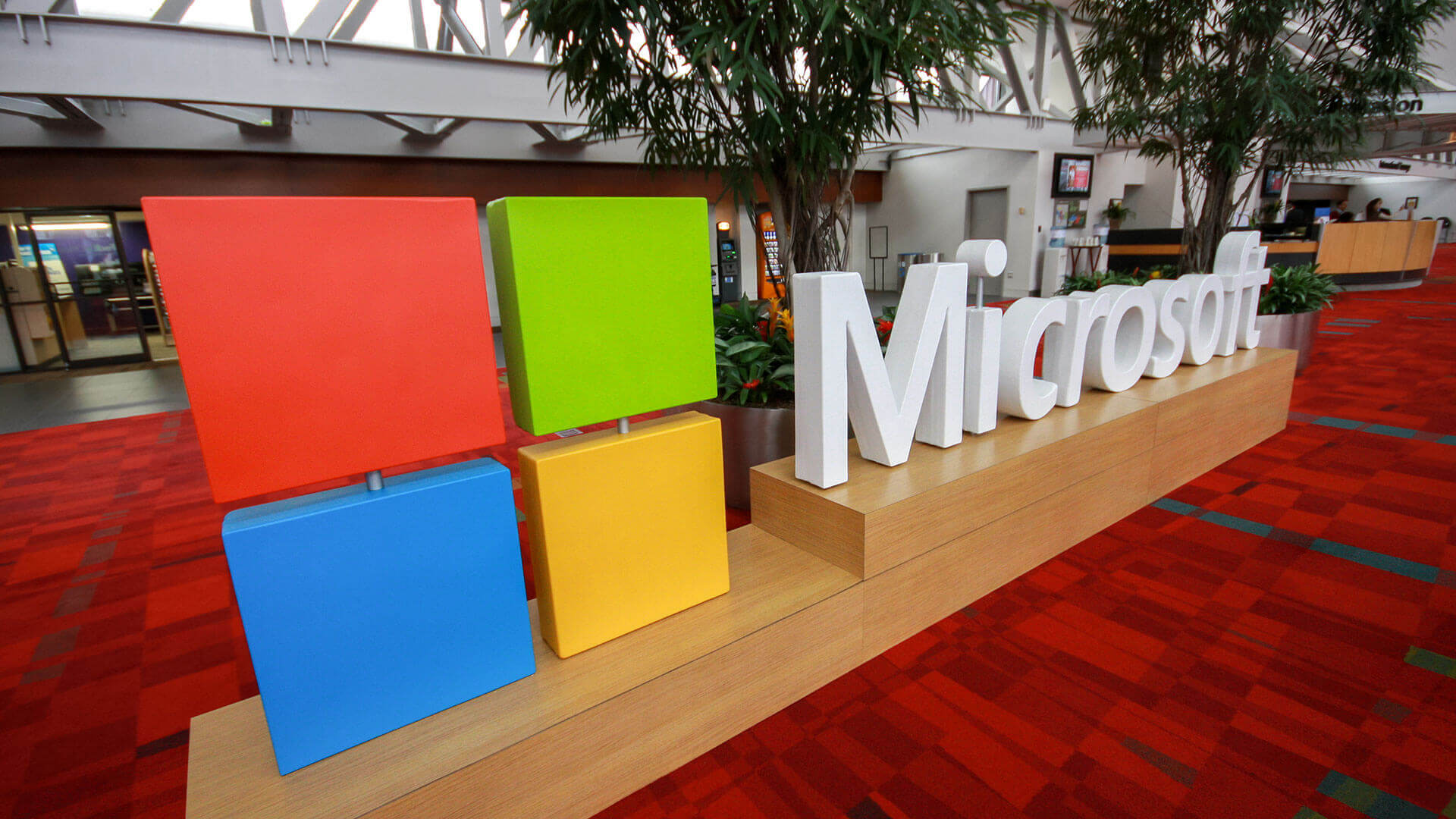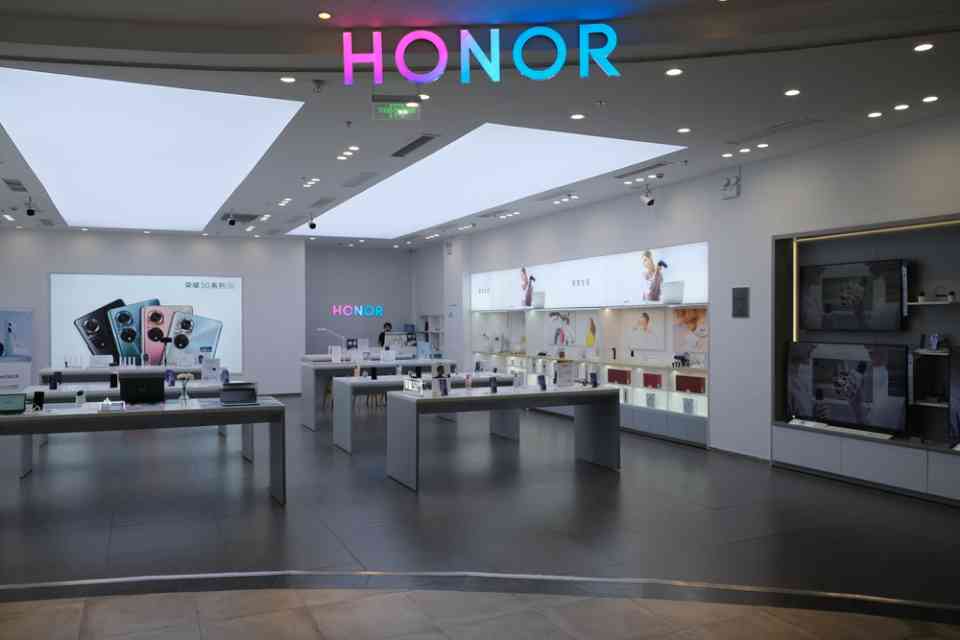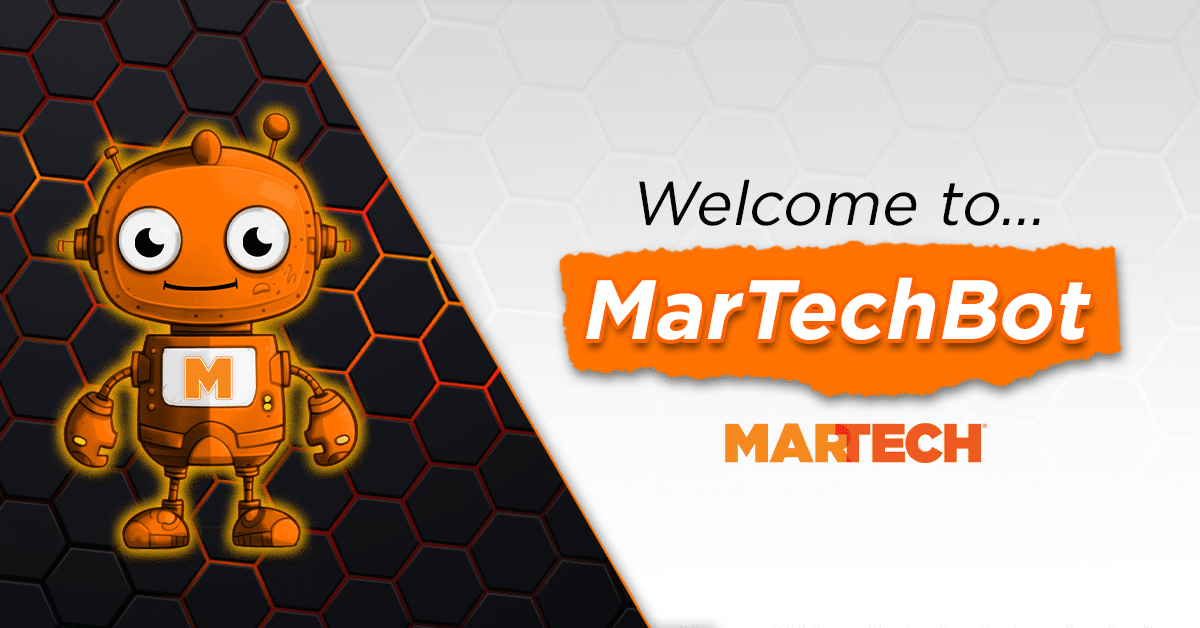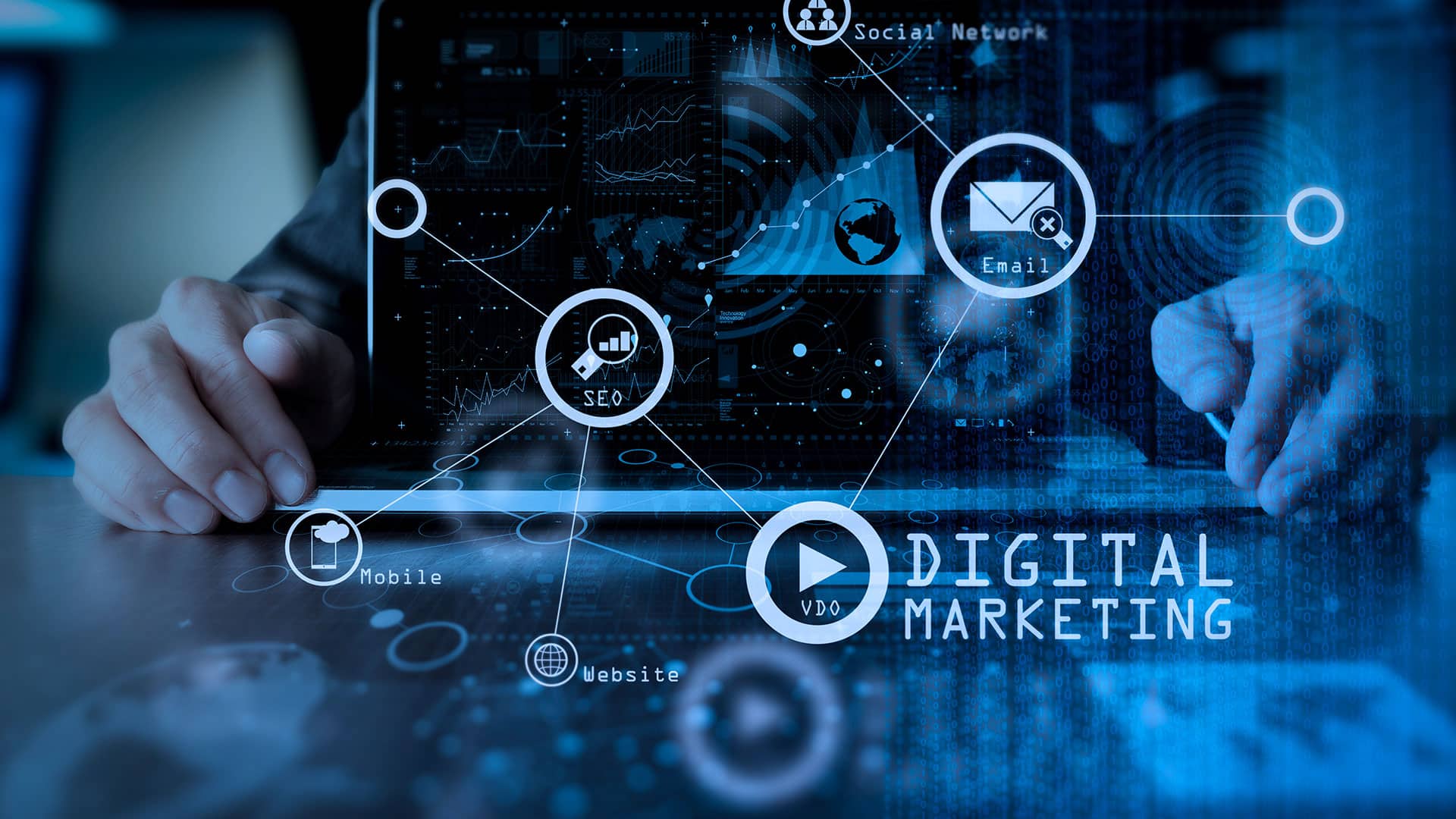The rise in robotics technology has dramatically impacted the hospitality industry. With the rise of AI and automation, it’s no wonder innovations are coming out in the hospitality industry. From robotic chefs to robot receptionists, it’s becoming clear that these machines are more than just a novelty; they’re here to make things easier for us humans.
Robots are quickly becoming an essential part of the hospitality industry as they can automate tasks and save time for employees. Using robots in the hospitality industry increases efficiency, safety, and reliability. This blog post will discuss how robotics is changing the hospitality industry and how it can benefit businesses.
What Is Robotics Technology?
Robotics automated systems technology is the application of robotics technologies in industrial processes and systems. Robotics technologies enable manufacturing processes’ automation, flexibility, efficiency, and accuracy. They allow repetitive task execution with precision, speed, and accuracy, thus reducing costs and improving production output.
Robotics automation technology can be used in various industries, including automotive manufacturing, food processing, hospitality, and pharmaceuticals.
How Are Robots Changing The Hospitality Industry?
Robots are quickly changing the hospitality industry. They can do tasks traditionally done by humans, such as cooking and cleaning. This technology can save businesses a lot of money, and it could even lead to a new era of hospitality where robots are the leading service providers.
One study found that robots could save businesses up to $2 billion annually in labor costs. That’s not all: according to another survey, robots could also create up to 100,000 jobs in the hospitality industry over the next few years. And that’s just in labor costs – robots also have the potential to reduce environmental waste.
This technology has the potential to change everything about the hospitality industry. For example, they can reduce the need for human workers to clean dirty dishes by doing it themselves. It could lead to a new era of automation where robots are the primary service providers. And that could lead to a lot of jobs being created.
Additionally, robots are safe and reliable as they rarely get injured or make mistakes, making them an excellent choice for busy restaurants and hotels.
Another way that robots are changing the hospitality industry is by increasing safety. By replacing human workers with machines, businesses can reduce the risk of accidents and injuries. Additionally, by ensuring that all areas of a restaurant or hotel are clean and organized, robots can help ensure safety and hygiene for employees and guests.
Robots are also changing the way that hospitality businesses operate. By providing restaurants and hotels with automatic ordering systems, robots can help to streamline operations and keep restaurants or hotels.
The Benefits Of Robotics Technology In The Hospitality Industry
Robotic technology has been revolutionizing the hospitality industry for years, and there are many benefits to using this technology in your business. Here are just a few:
1. Robots can be programmed to do many tasks quickly and efficiently, freeing workers to do other things.
2. They’re good at handling delicate items and can work in tight spaces.
3. They’re not affected by weather or hot temperatures.
4. They’re reliable and require very little maintenance.
5. Robotics automation can reduce labor costs by up to 70%
6. Robotics can provide a high-quality customer experience
Modern Trends In Robotics Technology In The Hotel Business
Robots are becoming increasingly common in the hotel business. They are used for various tasks, from cleaning to stocking shelves. Here are some of the most recent trends in robotics technology in the hotel business.
1) Robots for cleaning: Hotels have been using robots to clean rooms for a few years now, but there has been an increase in their use in recent years. Some hotels are now using them exclusively for cleaning. The main reason for this is cost-effective: robots are much cheaper than human cleaners, and they can clean more rooms per hour.
2) Robots for stocking shelves: Robots are also used to stock shelves in supermarkets and other retail stores. They are very efficient at this task and can do it much faster than humans. This is a significant trend as stores increasingly have to compete with online retailers.
3) Robots in manufacturing: Robotics technology is also used in manufacturing processes to improve efficiency and accuracy. This is particularly important as the global economy continues to grow Slowly.
4) Robotic food service: Another vital use for robots is in robotic food service. This allows restaurants to replace human cooks with machines, which can be more cost-effective and efficient. Restaurants can also customize their menus to appeal to a broader range of customers, which can be a boon for businesses.
5) Robotics in maintenance: Robotics is also used in maintenance tasks. For example, they can be used to inspect infrastructures such as sewers or power lines. This helps to ensure that the property is kept in good condition and that repairs can be carried out quickly and without any disruption to guests.
6) Robots in personalized service: With robotic technologies becoming increasingly sophisticated, hotels can provide customized services to their guests. This includes information about local attractions or restaurants or even making reservations for guests.
7) Robots to enhance efficiency: Robotic technologies can help hotels save time and money by performing complex tasks automatically. This can include everything from cleaning to room service to inventory management.
8) Robots for improving security: Robotic technologies can help hotel employees stay safe while performing tasks that would previously have been dangerous or difficult. This includes things like stocking shelves or filling water jugs at the pool.
Conclusion
The hospitality industry is undergoing a rapid transformation, with robotics playing an increasingly important role. Robots are changing how we work and interact with guests, from the front desk to the kitchen. As this technology continues to develop, the hospitality industry will likely see even more significant changes in the years to come.
In addition, they’re also creating new opportunities for hoteliers and restaurateurs as they strive to create unique experiences for their guests. If you’re interested in learning more about how robotics impacts the industry, check out our blog posts!































































.jpeg)







